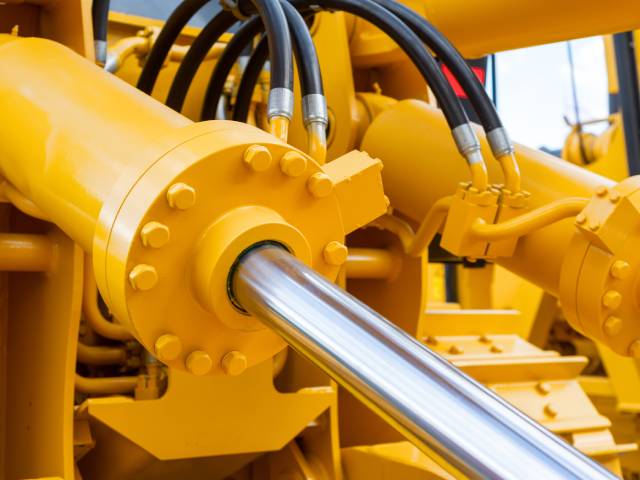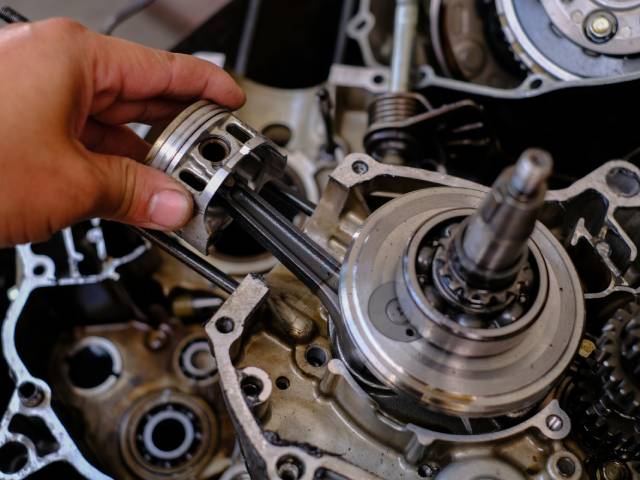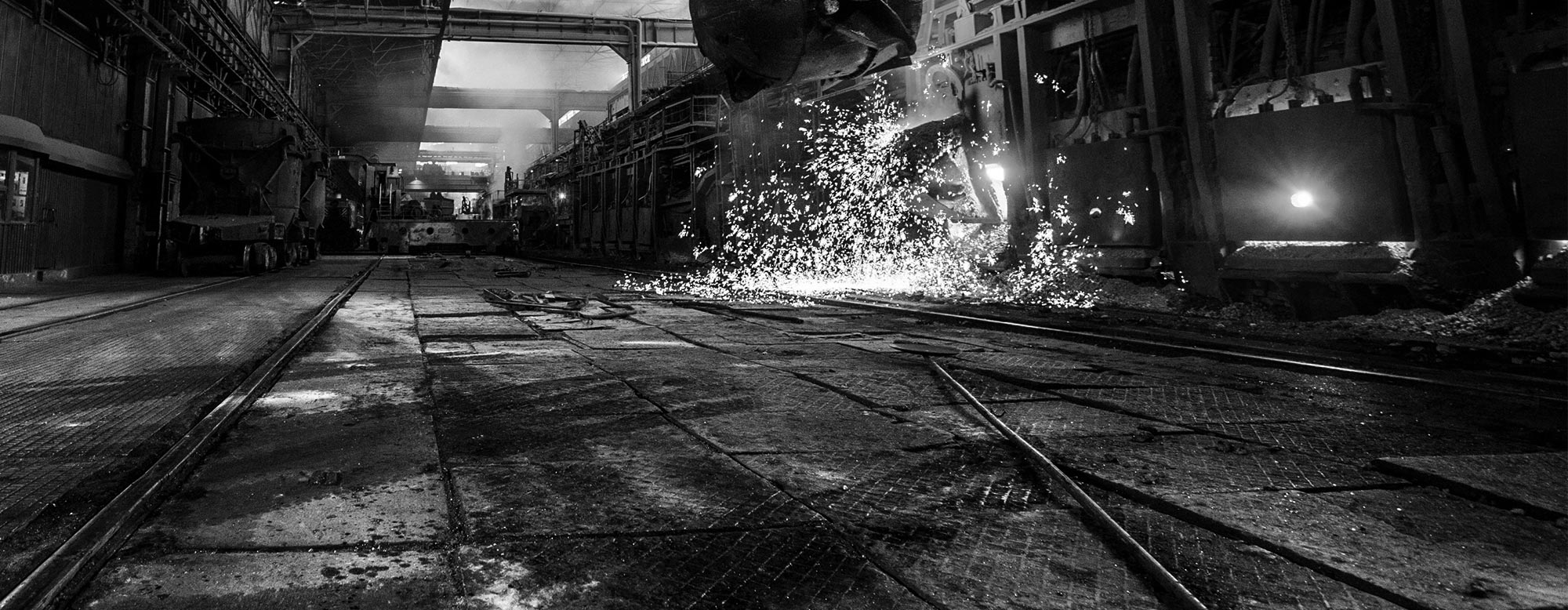14 Most Common Uses for Force Torque Sensors

Force torque sensors are essential components in many industries, providing precise measurements of force and torque applied to an object. These sensors are crucial for ensuring accuracy, safety, and efficiency in various applications. Read on to explore the most common uses for force torque sensors, highlighting their importance and versatility.
Robotics
Force torque sensors play a vital role in robotics, particularly in tasks that require delicate handling and precision. These sensors enable robots to perform complex operations, such as assembly, packaging, and manipulation, with a high degree of accuracy. By measuring the forces exerted on the robotic arms, these sensors help in preventing damage to both the robot and the objects it handles, ensuring smooth and efficient operations.
Manufacturing
In manufacturing, force torque sensors are used to monitor and control various processes to maintain quality and efficiency. They are commonly employed in tasks such as tightening bolts, pressing components, and material testing. By providing real-time feedback on the forces involved, these sensors help ensure that manufacturing processes are carried out within specified parameters, reducing the risk of defects and improving overall product quality.
Aerospace
The aerospace industry relies on force torque sensors for testing and validating the performance of aircraft components. These sensors are used in wind tunnel tests, structural testing, and load measurements to ensure that components can withstand the stresses they will encounter in service. Accurate force and torque measurements are critical for verifying the safety and reliability of aerospace parts and assemblies.
Automotive Testing

In the automotive industry, force torque sensors are used to test and develop various vehicle components, including engines, suspensions, and braking systems. These sensors help engineers measure the forces and torques generated during operation, providing valuable data for improving performance and safety. Force torque sensors are also used in crash testing to assess impact forces and ensure compliance with automotive safety standards.
Medical Devices
Force torque sensors are integral to the development and operation of medical devices, such as surgical robots, prosthetics, and diagnostic equipment. These sensors provide the necessary feedback to ensure precise control and operation. For example, in robotic surgery, force torque sensors enable the surgeon to feel the forces applied during the procedure, enhancing accuracy and safety.
Research and Development
In research and development, force torque sensors are used to study and measure various physical phenomena. Researchers rely on these sensors to conduct experiments that involve force and torque measurements, such as material testing, biomechanics, and fluid dynamics. The accurate data provided by force torque sensors is essential for validating theories, developing new technologies, and improving existing products.
Quality Control
Force torque sensors are essential tools for quality control in manufacturing processes. They help in verifying that products meet the required specifications by measuring the forces involved in various production stages. For example, in the assembly of electronic devices, force torque sensors ensure that components are correctly fitted and fastened. This precise control reduces waste and ensures consistent product quality.
Packaging
In the packaging industry, force torque sensors are used to ensure that packages are sealed and handled correctly. These sensors monitor the forces applied during sealing, labeling, and filling processes, ensuring that packaging is consistent and secure. By providing real-time feedback, force torque sensors help in maintaining the integrity and appearance of the packaging, which is crucial for protecting products and enhancing their market appeal.
Ergonomics Testing
Force torque sensors are used in ergonomics testing to evaluate the physical demands of various tasks and tools on the human body. By measuring the forces exerted during activities such as lifting, pushing, and pulling, these sensors help in designing tools and workspaces that minimize strain and improve comfort and safety. Ergonomics testing with force torque sensors is essential for preventing workplace injuries and enhancing productivity.
Sports Science
In sports science, force torque sensors are used to analyze and improve athletic performance. These sensors measure the forces and torques generated by athletes during activities such as running, jumping, and lifting. The data collected helps coaches and trainers develop training programs that enhance strength, efficiency, and technique. Force torque sensors also play a role in designing sports equipment that optimizes performance and reduces the risk of injury.
Entertainment Industry

The entertainment industry leverages force torque sensors in multiple applications, including animatronics, virtual reality, and special effects. In animatronics, these sensors control the movements of robotic characters, ensuring lifelike interactions. In virtual reality, force torque sensors provide haptic feedback, enhancing the immersive experience by making virtual interactions feel more realistic.
Special effects teams use these sensors to create dynamic and responsive environments, adding a layer of realism to movies, theme parks, and interactive installations. The precision and adaptability of force torque sensors make them invaluable for creating engaging and believable entertainment experiences.
Agriculture
In agriculture, force torque sensors are integrated into machinery such as tractors, harvesters, and planting equipment. These sensors monitor and control the forces exerted during operations, optimizing performance and efficiency. For example, in planting machines, force torque sensors ensure that seeds are planted at the correct depth and spacing, improving crop yields. In harvesting, these sensors adjust the machinery to handle different crop types and conditions, reducing damage and waste.
By providing real-time data on the forces involved, force torque sensors contribute to more sustainable and productive farming practices, enhancing overall agricultural efficiency.
Mining
The mining industry relies on force torque sensors for various applications, including drilling, excavation, and material handling. These sensors monitor the forces exerted on equipment, ensuring that operations are carried out safely and efficiently. Accurate force and torque measurements help in preventing equipment failures, reducing downtime, and improving the overall safety of mining operations.
Construction
In construction, strain gauge sensors are used in equipment such as cranes, excavators, and pile drivers to monitor the forces involved in lifting, moving, and placing materials. These sensors ensure that construction operations are carried out within safe and efficient parameters, preventing equipment overloads and structural failures. Force torque sensors also play a role in testing the strength and stability of construction materials and structures.
Now that you know the most common uses for force torque sensors, you can appreciate their versatility and importance across various industries. From robotics and automotive testing to medical devices and agriculture, force torque sensors play a crucial role in ensuring accuracy, safety, and efficiency. Embrace the benefits of these sensors and explore their potential to enhance your operations and innovations.
